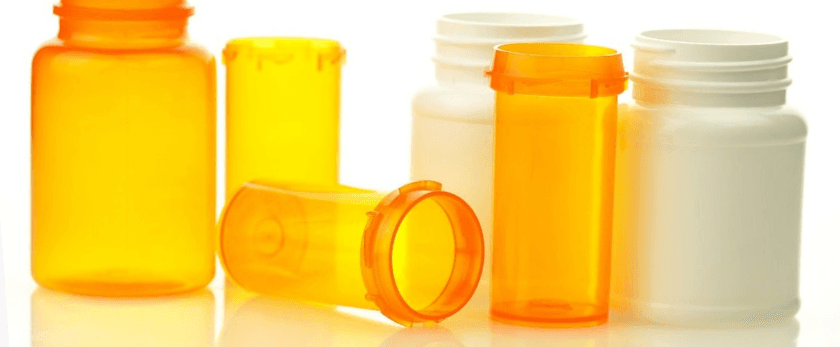Welcome to the journey towards a greener, more eco-friendly lifestyle! In this informative article, we'll discuss the responsible disposal of medicine bottles, expired medications, and even share insights about charities that accept unused prescription medications. By the end, you'll have the knowledge and motivation to make a positive impact on our planet.
Recycling Medicine Bottles
1. Check Local Recycling Guidelines
- Contact your local recycling center or check their website to understand their specific guidelines for recycling medicine bottles.
- Some areas accept plastic prescription bottles, while others may require you to remove labels or caps.
2. Remove Labels and Caps
- Before recycling, ensure your medicine bottles are empty and clean.
- Remove paper labels and adhesive residue to improve the recyclability of the bottles.
- Some recycling centers prefer bottles with caps removed.
3. Sort by Material
- Sort your medicine bottles by material type (plastic, glass, or other) as per your local recycling rules.
- Separate glass bottles from plastic to streamline the recycling process.
4. Recycle with Care
- Place your sorted medicine bottles in the designated recycling bin or container.
- Confirm if your recycling center accepts prescription bottles before dropping them off.

Disposing of Expired Medications
1. Do Not Flush Medications
- Never flush medications down the toilet or drain. It can harm aquatic ecosystems and water quality.
2. Follow FDA Recommendations
- Review the U.S. Food and Drug Administration's (FDA) guidelines for disposing of specific medications.
- Some medicines can be thrown away with household trash, while others may require special disposal methods.
3. Use Medication Take-Back Programs
- Many pharmacies and healthcare facilities offer medication take-back programs.
- These programs safely collect and dispose of expired or unused medications.
4. Dispose in Household Trash
- If no take-back options are available, follow these steps:
- Mix the medication with an undesirable substance like coffee grounds or cat litter.
- Place the mixture in a sealed plastic bag or container.
- Put it in your household trash, making it less appealing to potential misuse.
Charities Accepting Unused Prescription Medications
1. Search for Local Charities
- Research local charities, community clinics, or free health clinics that may accept unused prescription medications.
2. Medication Donation Programs
- Some states and organizations have established medication donation programs.
- These programs enable you to donate unopened, unexpired prescription medications for redistribution to those in need.
3. Contact Pharmacies
- Reach out to your local pharmacies and inquire about their policies regarding medication donations.
- Some pharmacies participate in donation initiatives.
Conclusion
By following these eco-friendly disposal methods for medicine bottles and expired medications, you're not only contributing to a cleaner environment but also ensuring the safety of your community. Additionally, considering charities that accept unused prescription medications can provide valuable support to those who require essential medicines. Together, we can make a significant impact on our planet while fostering a sense of community and responsibility.
Remember, every small effort counts, and you have the power to create positive change. Let's make a conscious choice to protect our environment and promote a sustainable future.










